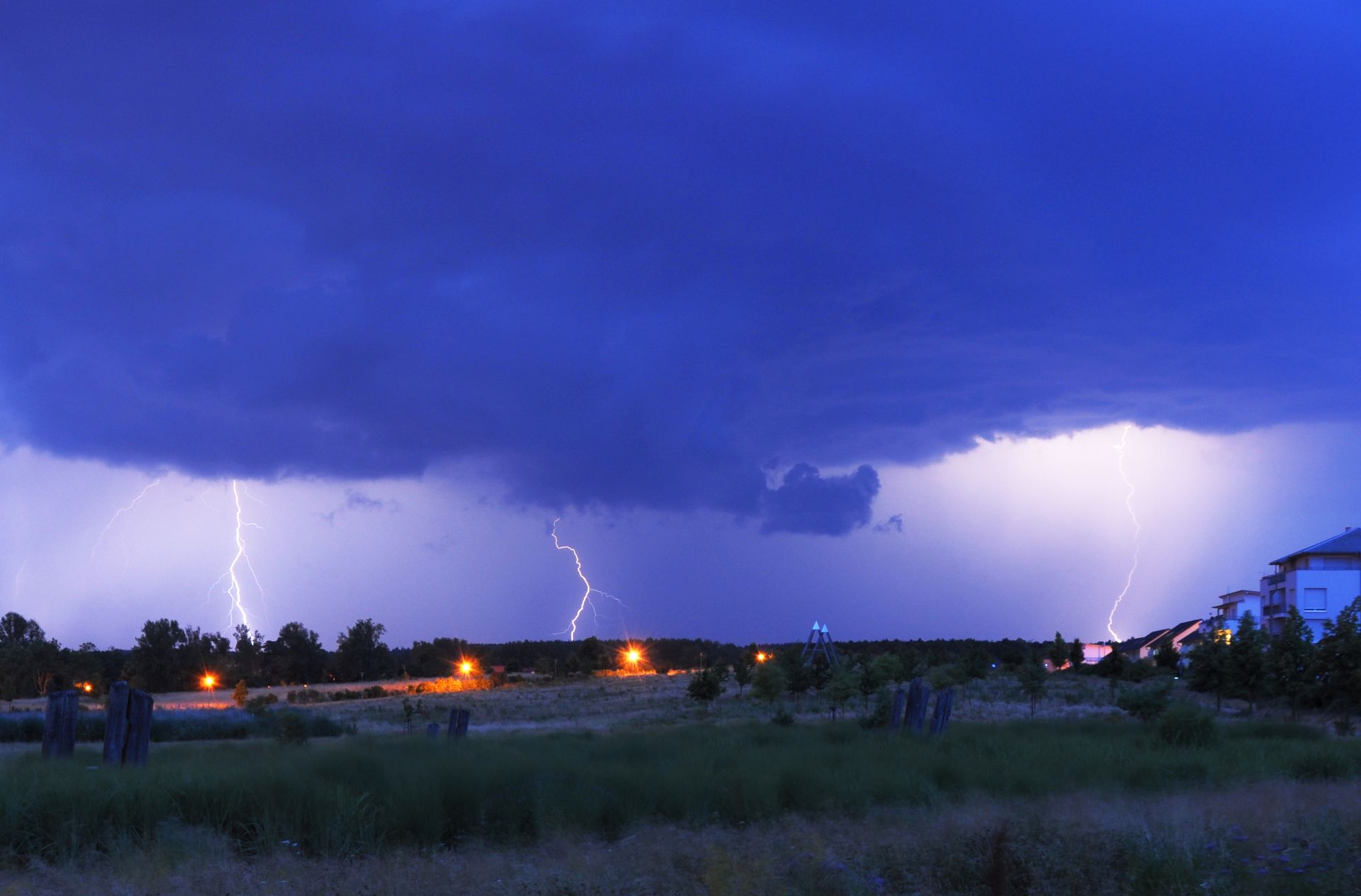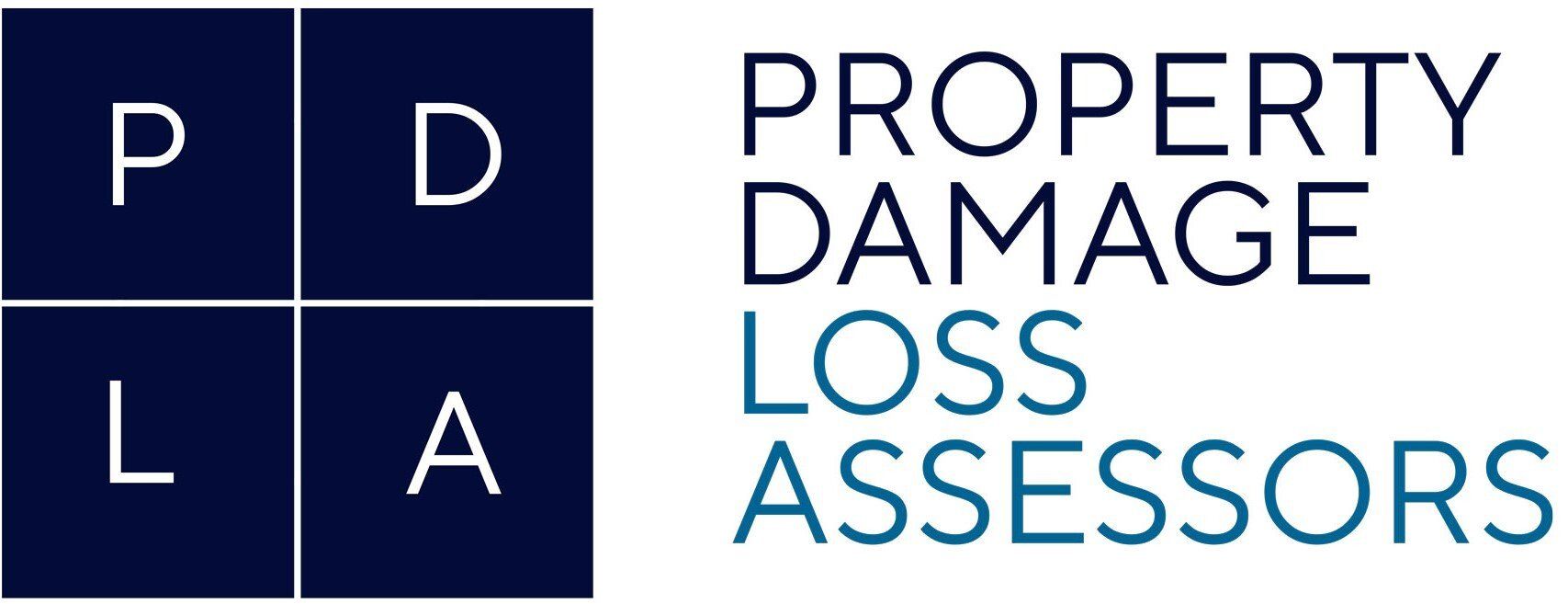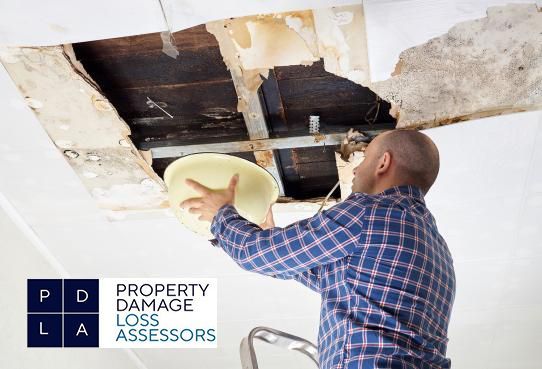The Real Cost of Building a Home in Ireland: What You Need to Know
What Are the Costs?
Building a new home is a dream for many, but the rising costs in Ireland make it an increasingly complex undertaking. Recent insights from the Society of Chartered Surveyors Ireland (SCSI) and the Department of Housing reveal significant differences in building expenses depending on location, developer practices, and procurement models. For homeowners, understanding these figures is essential, particularly when navigating insurance or planning a rebuild.
The cost of constructing a new home varies widely. National averages place the price at €318,365 for homes built by local authorities, compared to €397,000 for private developments. In the Greater Dublin Area (GDA), costs escalate further to €392,975 for local authority builds and €461,000 for private builds.
Key Drivers of Cost
Several factors influence these figures:
- Hard Construction Costs: Materials and labor account for €224,730 nationally and €257,645 in the GDA for private builds.
- Site Costs: Land acquisition adds approximately €70,000 per home in the GDA.
- Developer Margins: Profits of €53,864 per home are factored into private builds, reflecting the high-risk nature of speculative development.
- Inflation: Rising prices for construction materials, labor shortages, and limited sector capacity have driven up costs by 50% since 2017.
Rebuilding vs. New Builds
While these figures shed light on the cost of new builds, rebuilding a home often involves additional complexities such as demolition, access restrictions, and structural support for neighboring properties. For homeowners dealing with property damage, rebuilding costs can exceed those of a new build.
Navigating Insurance Challenges
At Property Damage Loss Assessors (PDLA), we understand that homeowners often underestimate rebuilding costs, leading to underinsurance. This can leave you financially exposed if your property is damaged. Using tools like the SCSI Rebuild Guide, we help you:
- Accurately calculate rebuilding costs.
- Ensure you have sufficient insurance coverage.
- Advocate on your behalf during claims to secure fair settlements.
Protect Your Investment
Whether you're building a new home or rebuilding after a disaster, being informed about the true costs is crucial. At PDLA, we provide expert advice and representation to ensure your property is protected, and your financial interests are secure.
Contact us today to learn more about how we can assist you with insurance claims, rebuild assessments, and more.
Navigating Storm Damage Claims on Your Irish Property



01 6855675 | 057 86 37500 | 087 2061411
DUBLIN
Unit 8 Fashion City, Ballymount, Dublin 24.
D24 EW2P
LAOIS
Unit 4, Vision 85, Zone 3, Clonminam Business Park, Portlaoise, Co. Laois, R32 F785
Call our 24/7 helpline on 087 206 1411 for a free no obligation consultation.
James Armitage & Associates Limited t/a Property Damage Loss Assessors is regulated by the Central Bank of Ireland Registration No. C432996.
Public Loss Assessors
Serving Nationwide
Property Damage Loss Assessors

